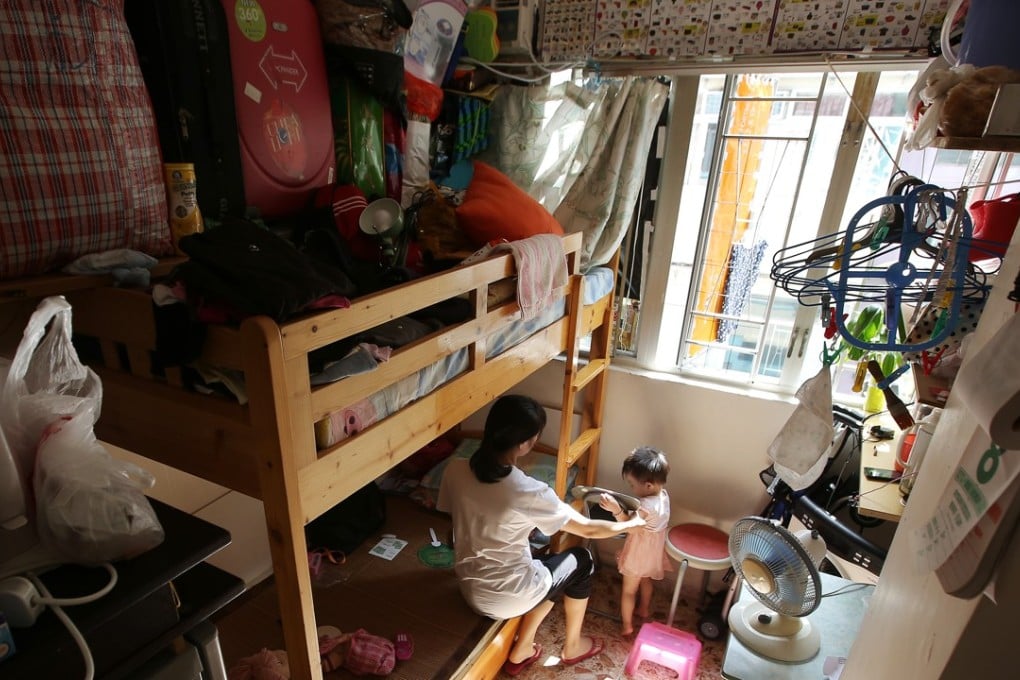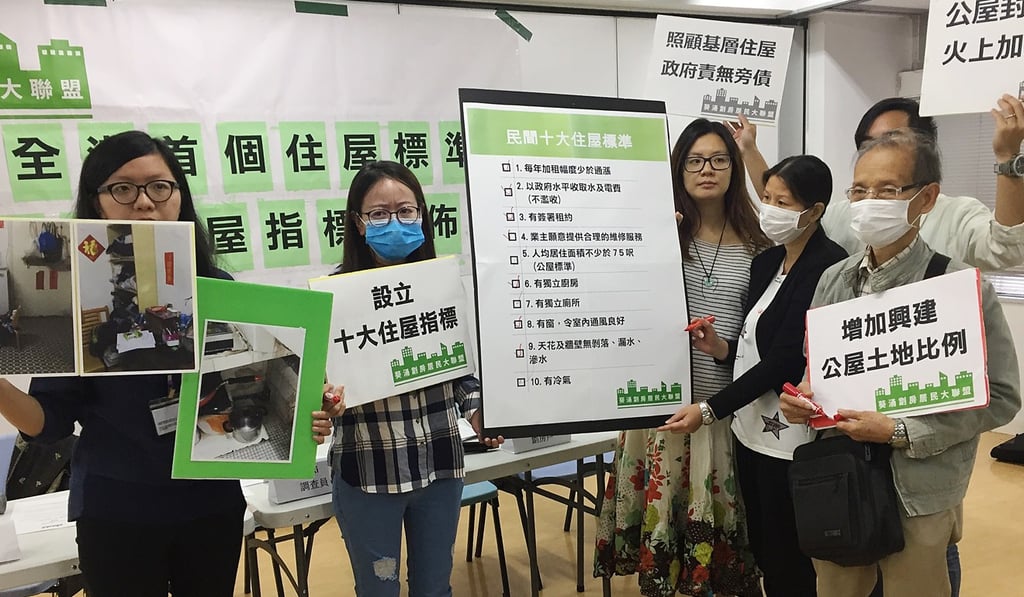How Hong Kong’s public housing policy is failing those most in need
Paul Yip says making rich tenants pay much more for public housing flats and easing dependence on land premiums for government revenue would be primary steps to improving conditions for the most disadvantaged in the world’s costliest housing market

The most pressing need for Hong Kong is to improve housing conditions for low-income earners and mitigate the mortgage burden for the middle class.

Affordable homes to be focus of Hong Kong housing policy, Carrie Lam vows
However, mobility or turnover of public housing tenancy is very low, despite improvements in the economic situation of tenants. There are about 26,000 tenants whose income falls within the top 20 per cent bracket. They are paying the “penalty rate” of two to three times the basic rent. However, this only accounts for about 5 per cent of their household income.